Maine Looks to Strong Solar Policy and Renewable Energy Growth
Governor Mills reinstated net metering, and the Maine legislature is now considering two important renewable energy bills.

Governor Mills reinstated net metering, and the Maine legislature is now considering two important renewable energy bills.

In spite of its critics, clean, renewable energy continues to come down in price and become better able to handle the demands of our electricity grid.

Here in New England, we rely too much on fracked gas to heat and power our homes and businesses. If we want to avoid a climate catastrophe, we need to end fossil fuel use by 2050.
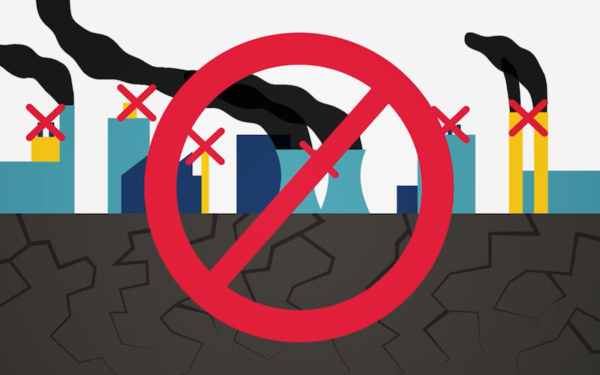
Brayton Point Station spewed toxic emissions for nearly 60 years. Today, the massive cooling towers finally came down, bringing us one step closer to the end of coal in New England.
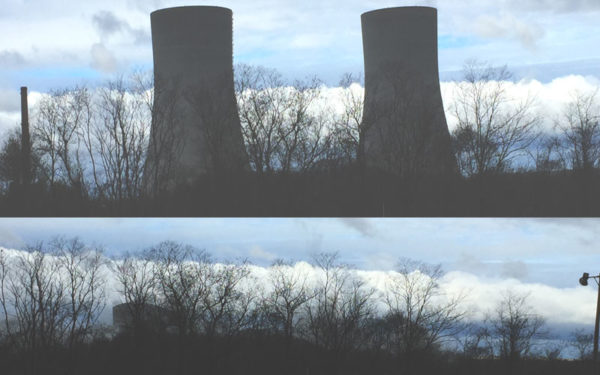
The 2050 Roadmap Act is a critical update to the state’s landmark Global Warming Solutions Act (GWSA). It will ensure Massachusetts’s nation-leading climate efforts remain tied to science while establishing a new framework for fairly and efficiently achieving our climate goals by 2050.
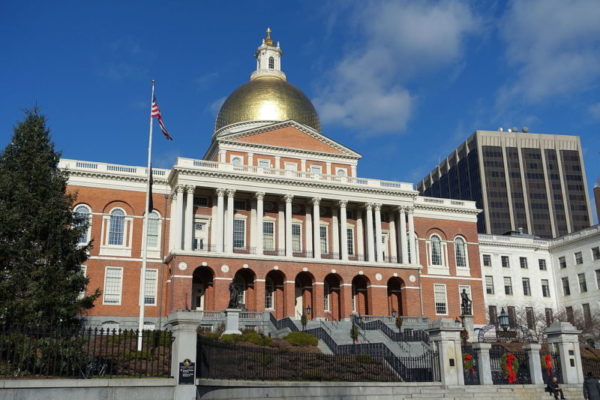
“Mainers have a right to affordable, clean energy,” said Emily Green, Staff Attorney at CLF. “Strong solar policy helps create jobs, protects our environment, and can lower our energy bills. This bill puts the interests of residents and businesses first, and clears the way for Maine’s clean energy future.”
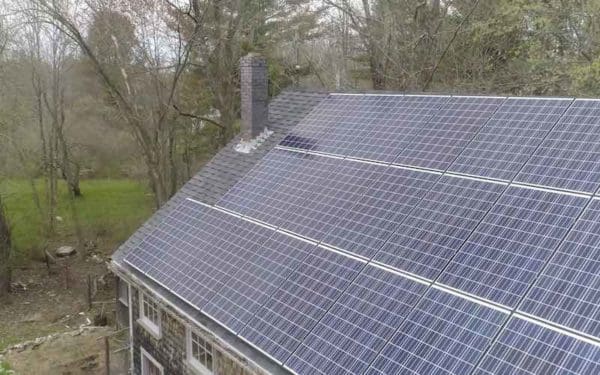
Since Sean Mahoney, CLF’s Executive Vice President, and his wife put a rooftop solar panel system on their barn, they’ve noticed a huge difference in their energy bills. All told, their annual energy costs have decreased by up to 80 percent! For the Mahoneys, installing solar panels was about both saving money on electricity and about reducing their carbon footprint.
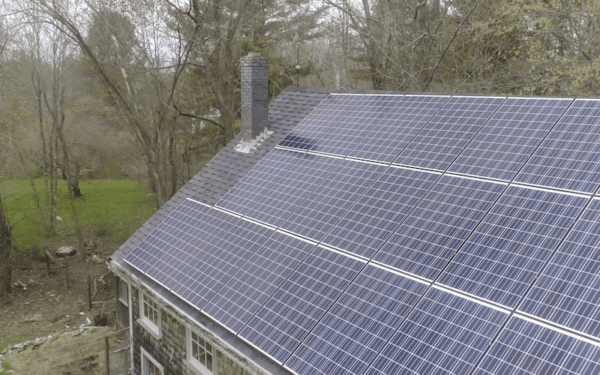
Vermont students flooded the Statehouse this month to speak to legislators about the dire need to take bold action to address climate change. Their pleas and passion were welcomed by many new climate champions that joined the Vermont Legislature this year. As the Trump administration scorns its responsibility to tackle climate change, state and local… Continue reading To Fight Climate Change, Vermont Needs Strong Climate Laws
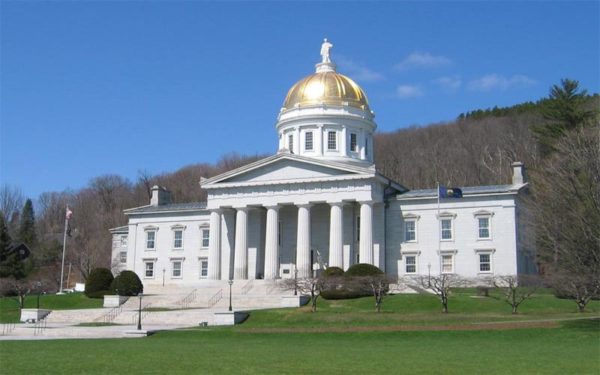
It’s hardly news that temperatures in New England drop below freezing in winter. But as CLF has long argued, we have plenty of fuel to get through even the coldest winters unscathed, without footing the bill for a polluting new pipeline. And on top of that, if we want to avoid the most devastating effects of climate change, we must stop using dirty fuels like gas altogether.

Siting solar energy projects can be a challenge in a small, dense state like Rhode Island; state guidelines can help solve problems before they start.
